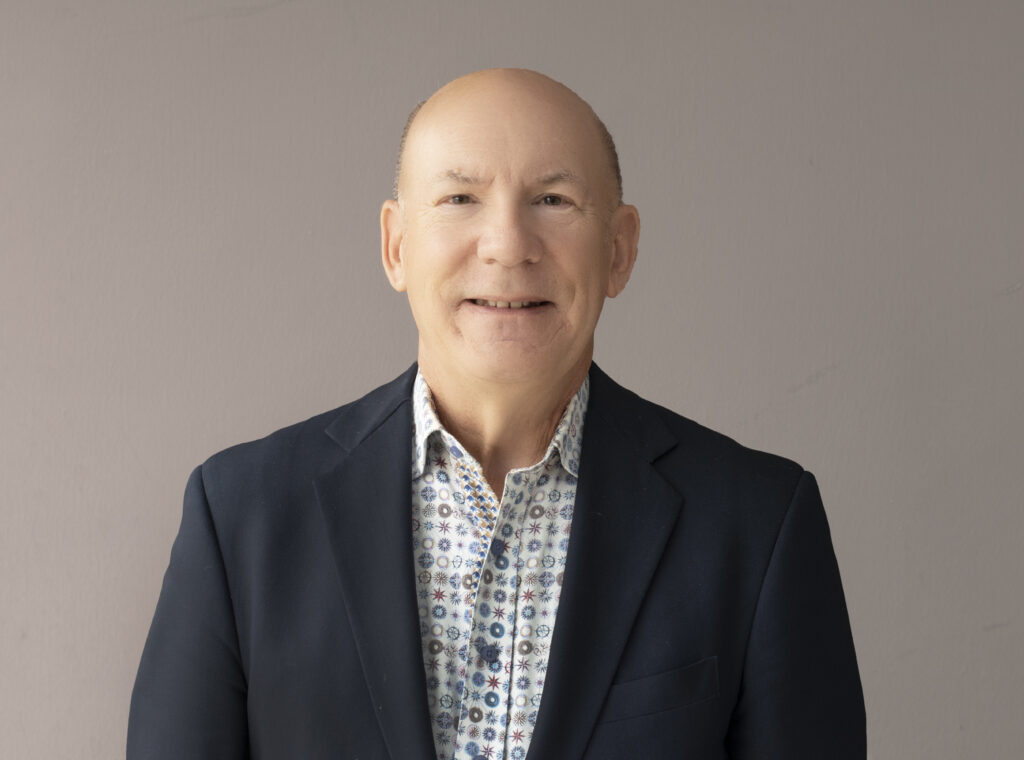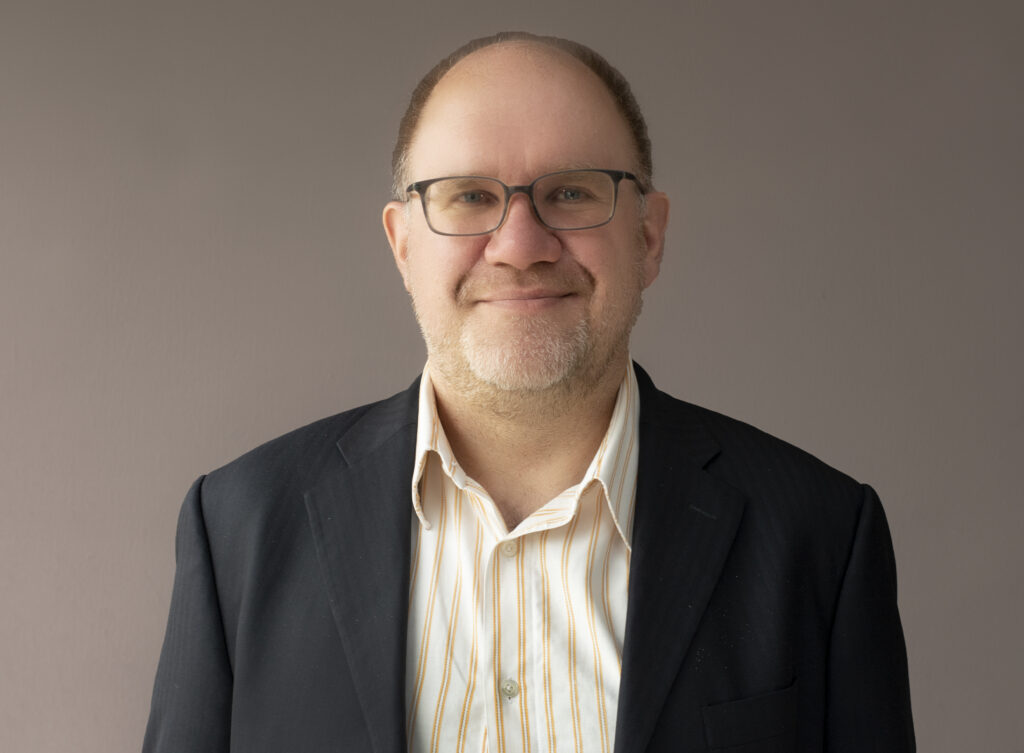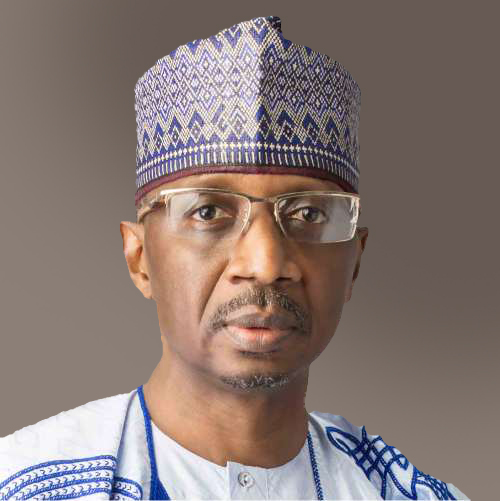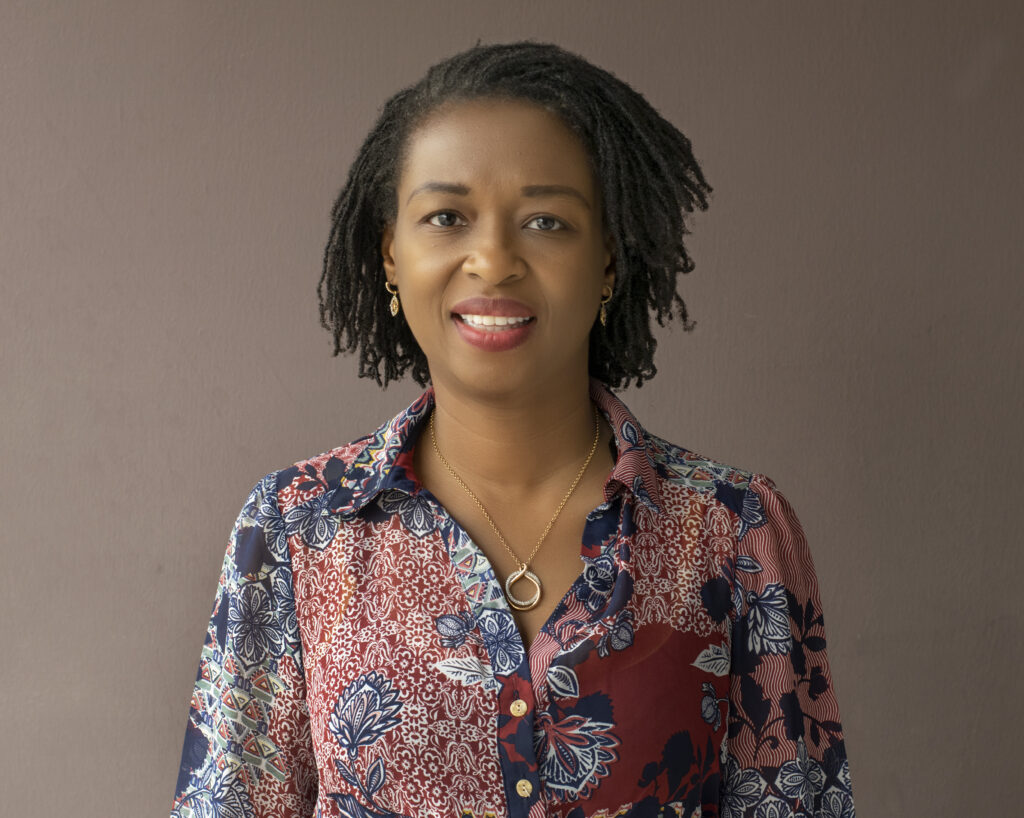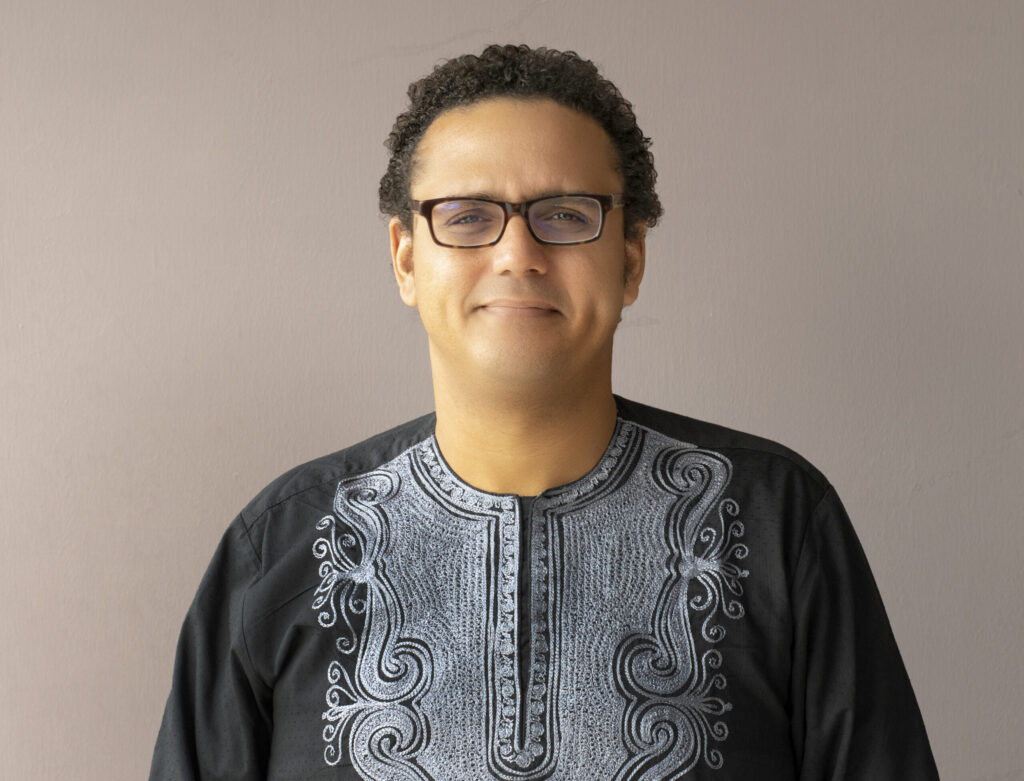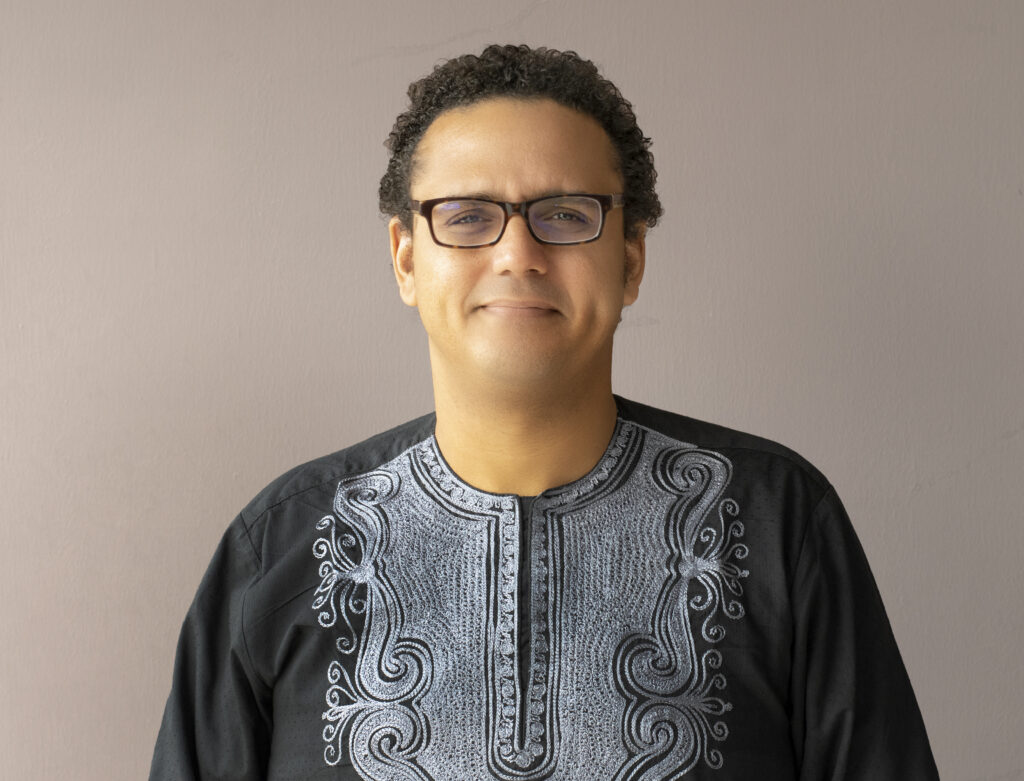
Over the years Regenerative Agriculture has become a hot topic within the agricultural space, it has been encouraged by climate change experts, who believe that this agricultural practice helps to mitigate or reverse the effects of climate change by reducing the amount of CO2 in the atmosphere.
Globally, Regenerative Agriculture was estimated to be worth USD7750.25 million in 2021. Asides from its climate benefits, it also has economic benefits for countries and organisations adopting this practice.
What is Regenerative Agriculture?
Regenerative agriculture is a farming and grazing practice that is solely based on regenerating the topsoil, thereby allowing farmers to maintain crop yields, improve water retention and plant uptake, increase farm profitability, and support bio sequestration, among other benefits. It focuses on strengthening the health and vitality of farm soil.
Some of the commonly practised farming activities that help to regenerate the soil are planting of cover crops, crop rotation, use of compost and holistic animal grazing.
How to Practise Regenerative Agriculture.
- Reduce the use of Non-Organic Fertilisers
- Reduce Tillage
- Encourage Biodiversity
- Holistic Animal Grazing

Reduce the use of Non-Organic Fertilisers
Non-organic fertilisers derived from minerals or processed and produced in factories are not encouraged when practising regenerative agriculture. This is because the use of non-organic fertilisers lead to an imbalance of microbes in the soil, thereby affecting the natural process through which plants absorb nutrients. This weakens the soil and the plants as they become more dependent on non-organic fertilisers.
The use of organic fertilisers such as animal manure, compost, blood meal etc is preferable or creating a balance with both, instead of solely relying on non-organic fertilisers.
Reduce Tillage
Another way to practise regenerative agriculture is by reducing or eliminating tillage. Continuous tilling of the soil can lead to soil erosion, release of CO2 into the atmosphere, loss of organic matter, beneficial organisms and reduced soil fertility.
You can reduce tillage by planting cover crops, applying organic mulches to the planting area and reducing the use of heavy machinery when tilling the soil.
Encourages Biodiversity
The two basic principles of sustainable agriculture that leads to improved biodiversity are planting cover crops and practising crop rotation. Planting cover crops helps to ensure the plant is protected from adverse climate effects such as heatwaves, increased soil temperature and soil erosion. By practising crop rotation, you can increase the nitrogen nutrient in the soil by planting legumes.
Holistic Animal Grazing
If you are into animal husbandry, you can promote sustainable agriculture through time controlled grazing instead of letting your livestock randomly choose where they graze. Time controlled grazing ensures that that rangeland has sufficient time to regenerate between grazing periods.
Benefits of Regenerative Agriculture
- Reduces/reverse the effects of climate change by reducing the amount of carbon dioxide absorbed by the atmosphere.
- It improves the soil health and fertility, which leads to optimal produce at harvest.
- Chemical-free farm produce due to reduced use or dependence on artificial fertilisers.
- Reduced soil erosion through planting of cover crops.
- Improves by biodiversity.
- Increase the amount of natural nutrients available for the plants and soil to absorb.
